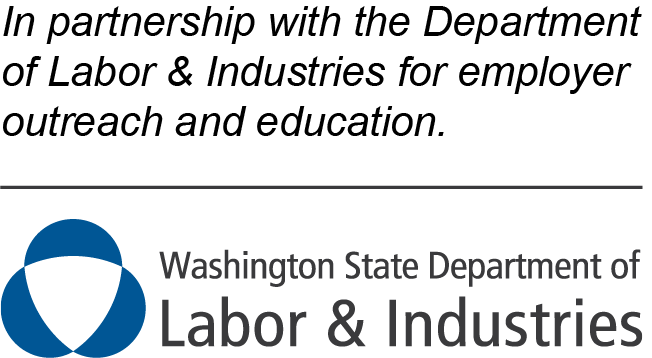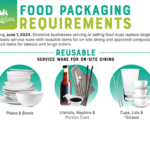
Employees have a right under Washington law to take rest breaks and meal periods. (See the youth employment section for specific standards for minors.)
Rest breaks
All workers must be allowed a paid rest period, free from duties, of at least 10 minutes for every four hours worked. The right to receive paid rest breaks cannot be waived by the worker or employer. Hourly workers must be paid their regular hourly rate during their rest breaks.
Restroom breaks
Workers must be provided “reasonable access” to bathrooms and toilet facilities. Employers cannot restrict use of bathroom or toilet facilities to rigid time schedules (e.g., only during scheduled breaks), or impose unreasonable time use restrictions. Restroom breaks are paid as hours worked.
Meal periods
All workers must receive a meal period of at least 30 minutes for every five hours worked, and the meal period must be provided between the second and fifth working hour. If they work more than 11 hours in a day, then they must receive an additional meal period of at least 30 minutes.
The second 30-minute meal period must be given within five hours of the end of the first meal period and for each five hours worked thereafter. Meal periods are unpaid as long as the workers are fully relieved of duties during the entirety of their meal periods. The employer must ensure workers receive their meal period.
You are required to provide meal periods, but employees may choose to waive them if the employer also agrees. The employee has the right to change their mind at any time and request a meal period.
Employers are highly encouraged to obtain meal request waivers in writing. The employee has the right to change their mind, or revoke this waiver, at any time.
Paid meal breaks
Workers must be paid for meal breaks if the meal period is interrupted and they are called back to work. Employees who are required to work or remain on duty during a meal break are still entitled to 30 total minutes of mealtime, excluding interruptions.
The entire meal period must be paid regardless of the number of interruptions. An employee must be completely relieved from duty and free to spend their meal period on the premises as they please to be considered “off duty.”
Employees who remain on the premises during their meal period on their own initiative and are completely free from duty are not required to be paid when they keep their pager, cell phone, or radio on if they are under no obligation to respond to the pager or cell phone or to return to work.
The circumstances in determining when employees carrying cell phones, pagers, radios, etc., are subject to payment of wages must be evaluated on a case-by-case basis. Employees cannot waive their right to receive paid rest breaks. If an employee is “on-call” or interrupted for work during a meal break, they need to be paid for the entire meal period.
Additional Resources
Washington Hospitality Association





























